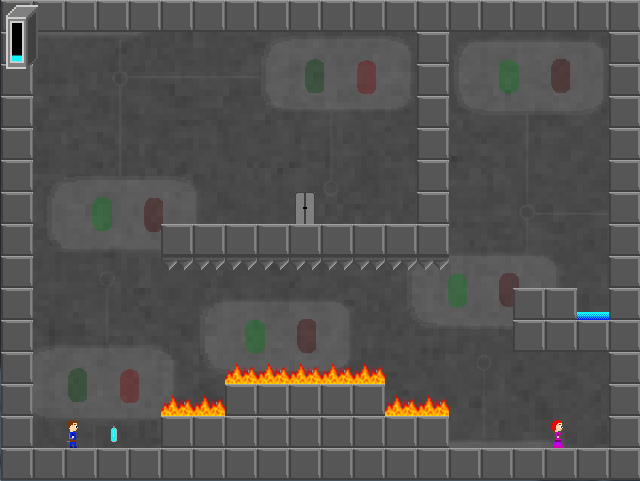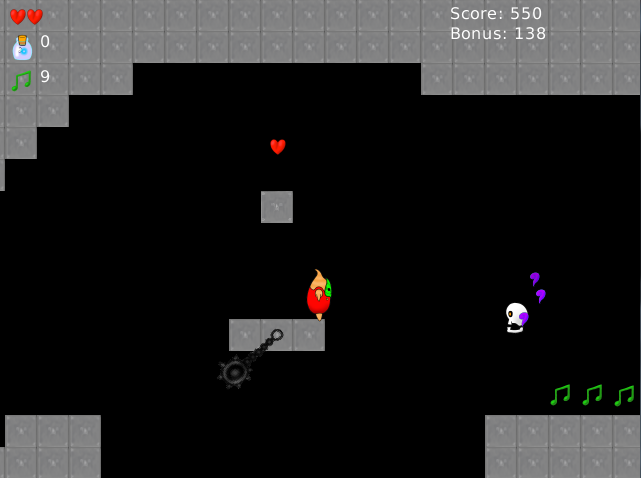I don’t think I have to search very hard to find someone who will agree that Alexander IV is unfun. In fact, of the number of people who have beaten Alexander, almost all of them say in the same post as thier victory post that they *never want to fight him again* often even saying they did not feel any sense of accomplishment at all.
There are plenty of difficult games, and difficult bosses out there, especially the ones listed on this list of https://www.yesgamers.com/info/diablo-2-style-games/. Many that take far longer to beat than Alexander that end up being considered to be pretty great bosses. I would like to examine the reasons this boss fails in a design perspective. Hopefully a refreshing departure from what I imagine are a fair number of “uhg this boss is impossible Nerf Now!” posts that this boss likely brings about.
So first, why does a player fight an optional, difficult boss? Here are a few reasons I can think of off the top of my head.
1: The sense of accomplishment.
2: The challenge.
3: The reward.
4: To impress others.
Unfortunately, Alexander IV fails to on every single one of these. You might assume it provides number 2 at the very least, but I’ll get to that in a moment. I’ll start with #1.
1: The Sense of Accomplishment.
A sense of accomplishment is not merely feeling good that you won. It can also be feeling good that you made progress. This is often why bosses in JRPGs tend to take multiple forms, while many other games with Boss Battles will have bosses get battle damage or enrage once their health hits certain levels.
This is a visual indicator that you are making progress, and often is accompanied by a change in behavior to learn and adapt into your strategy. It is entirely possible to spend hours on a good boss fight, inching closer to victory with every attempt until you finally succeed, because each fight that you manage to push forward to the next stage in the fight rewards you with some sort of aknowledgement of your progress.
So, What happens with Alexander IV? The battle starts off, and he moves around simi-irradically, either chasing, circling, or evading your character at random, spawning minions fairly regularly, and occasionally stopping to spit fireballs in every direction. Then, about at the mid point, he does exactly the same thing. And towards the end, he continues to do exactly the same thing.
The battle does not in any real way aknowledge the player’s efforts. Dying without managing to land a hit looks exactly the same as having only one hit left to land on him. The only sense of accomplishment the player recieves is therefor only the bare minimum amount from finally winning.
2: The Challenge.
A player looking for a good challenge wants to really put their skills to the test. The problem is, of course, that challenge is not the same as difficult. Case in point, a jar someone glued the lid onto is difficult to open. It is not challenging.
In order for a game to satisfy a normal gamer’s desire for a challenge, the player needs to feel as though they are learning from the experience in some meaningful way. If you have played this very game for a while, and if you have not already, open up a new profile, and play as the first character. I can almost guarentee that you will get further than you did the first time you played.
Most of this game is challenging. You are constantly learning how to better evade attacks, and land blows safely in order to survive. Look back at Alexander IV though. What do you learn from fighting him? What really?
Accounts I have read on successful kills usually have something in common. They often mention that the AI “finally behaved the way they needed it to”. Many players who succeeded at defeating the boss do not actually attribute their victory to developing a greater level of skill; but rather to dumb luck.
I will say, this boss is not a pure luck boss. You will not beat him without a combination of both a high amount of skill, in addition to a good amount of luck. The way the boss is presented however, it does not feel like your skill has any affect on the battle at all. Once you are able to proficiently avoid the adds and fireballs, any additional level of skill gained while fighting this boss has far less impact than the behavior the boss decides to exhibit in a single round.
This leads to a situation where the player is gradually improving… but the amount of damage inflicted before dying is so random it feels like no progress at all is being made. Which also ties back to the previous number on the list.
3: The Reward.
Another strong motivator for players is the reward for completinig a bonus challenge. Achievements, New items, New powers, or secret endings are all great motivators. I think this one is fairly self explanitory. So, going straight to it, how does Alexander IV hold up?
Well, you get an achievement for beating him…. that was added in free DLC when he was released. So, players who had been playing since before the DLC lost their 100% completion, and were less being rewarded, and more trying to get back what they had lost. That is less applicable for players who joined up post DLC, of course.
The other reward, is being one step closer to being one step closer to unlocking a new class. Even in the best case scenario that you fight him last, you still do not get an actual reward because there is guarenteed to still be one more boss fight left before you get that reward. This makes the experience of fighting this boss on it’s own less like a rewarding experience, and more like an exceptionally tedius chore on a to do list.
4: To impress others.
It is always fun to watch certain boss fights. Even if you could never come close to beating them yourself, you can appreciate the amazing amount of skill the player has when they accomplish it. TouHou is a good example of this. Somehow the player is able to navigate a maze of bullets that fill almost the entirety of the screen, and even someone with only a vague passing knowledge of the genre can understand how difficult the battle is.
I’ve looked up several videos on fighting this boss during my attempts to fight it. And honestly? It always looks easy. This goes back to the AI “behaving it’s self” problem mentioned earlier. Battles that you win are generally the battles where the AI essentially “goes easy on you” after you have developped enough skill to take advantage of it. That does not make for a very impressive looking feat.
This of course leads to a final situation where the boss simply does not satisfy any of the player’s needs. In a game, the biggest goal for design is fun. A boss that leaves the player unsatisfied and thankful that they *never have to do that ever again* is not a boss that was designed well.


